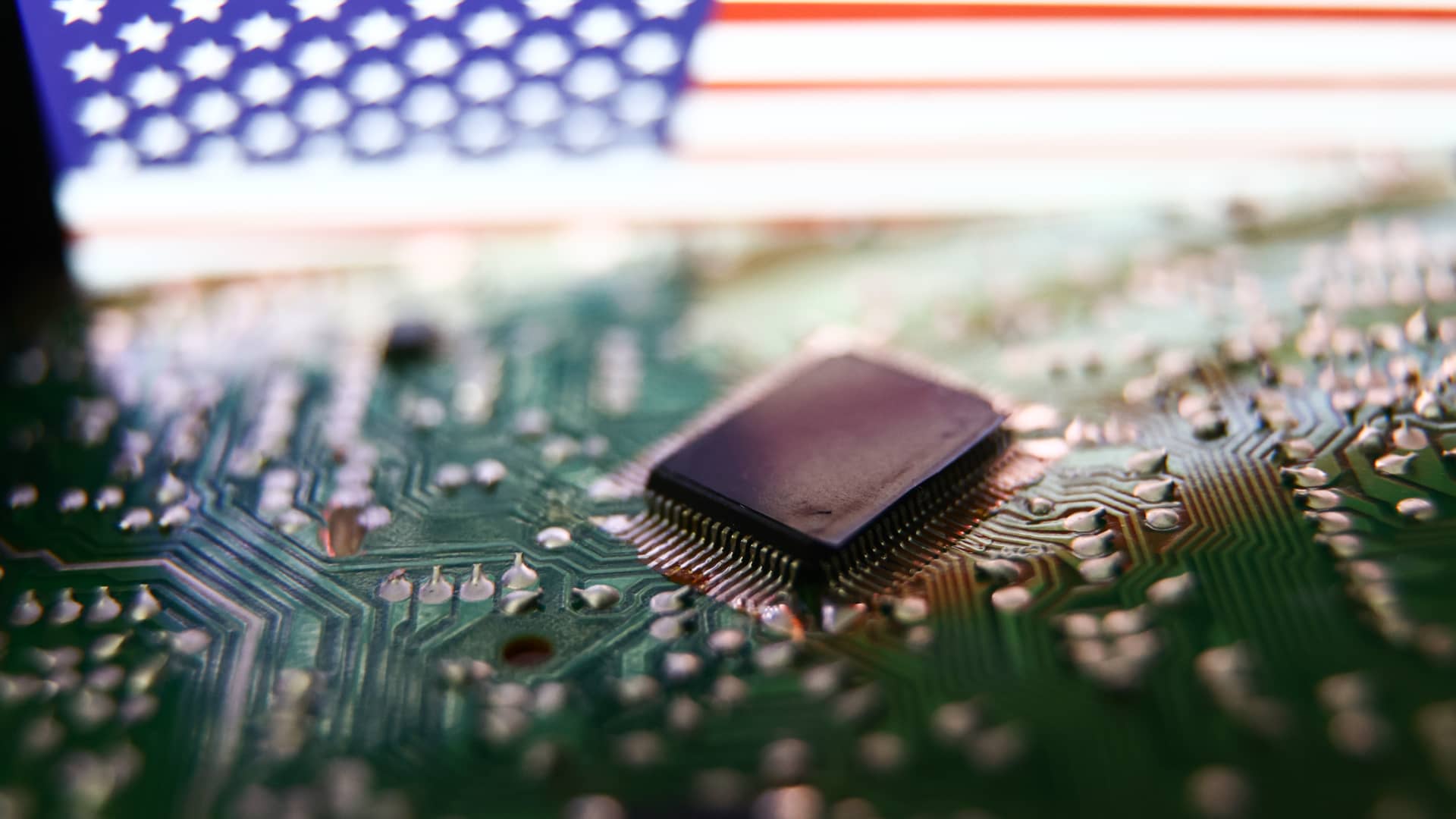New analysis reveals that Western microchips, used in smartphones and laptops, continue to enter Russia and contribute to its military capabilities. Trade data indicates that Moscow has been sourcing an increasing number of semiconductors and other advanced technologies through intermediary countries such as China. In 2022, Russia imported $2.5 billion worth of semiconductor technologies, compared to $1.8 billion in 2021. Semiconductors and microchips are crucial in modern warfare, powering equipment ranging from drones to radios, missiles, and armored vehicles. The evasion of sanctions to obtain these technologies is bold and problematic. A recent study by the KSE Institute found more than 1,000 foreign components, primarily Western semiconductor technologies, in 58 pieces of critical Russian military equipment recovered from the battlefield in Ukraine. However, convoluted trade routes through countries like China, Turkey, and the United Arab Emirates allow these components to enter Russia and add to its existing stockpiles. The study also discovered that over two-thirds of the foreign components originated from US companies, with others from countries such as Japan and Germany. The wide-ranging applications of these technologies make it challenging to police their supply chains effectively. Additionally, while some advanced technologies are subject to Western sanctions on Russia, many are considered dual-use items with both civilian and military applications, allowing them to fall outside targeted export controls. China, particularly, has been a significant exporter of microchips and other technology to Russia, taking advantage of Russia’s economic isolation. Russia has also increased imports from intermediary countries in the Caucasus, Central Asia, and the Middle East. The booming trade flows have prompted calls for stronger sanctions and secondary sanctions on entities supporting Russia’s military. In June 2023, the European Union implemented a new package of sanctions, including an anti-circumvention tool, to restrict the sale, supply, transfer, or export of specified sanctioned goods and technology through third countries acting as intermediaries for Russia. However, some skeptics argue that these measures may not go far enough, particularly against major global trade partners. The responsibility to monitor supply chains and prevent goods from falling into the wrong hands lies with the companies themselves.

Despite sanctions, Russian military is being fueled by U.S. microchips
Denial of responsibility! Swift Telecast is an automatic aggregator of the all world’s media. In each content, the hyperlink to the primary source is specified. All trademarks belong to their rightful owners, all materials to their authors. If you are the owner of the content and do not want us to publish your materials, please contact us by email – swifttelecast.com. The content will be deleted within 24 hours.
